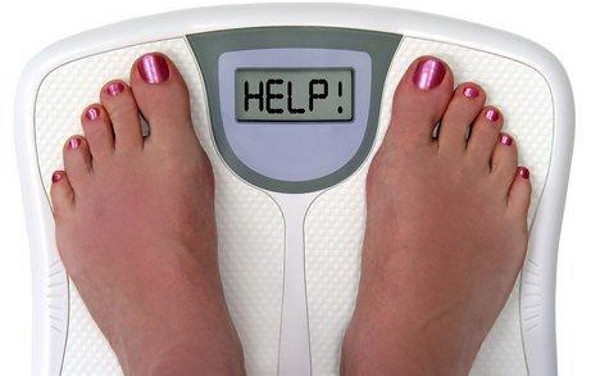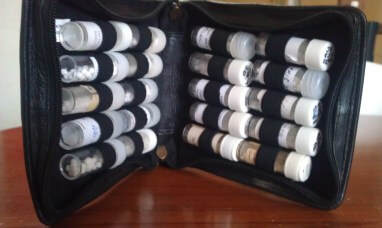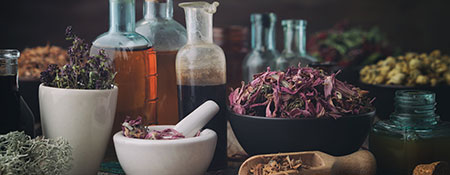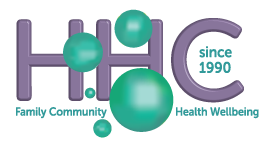I recently read a very interesting book, Glucose Revolution by Jessie Inchauspe, which explains glucose in detail, including sugar and fructose and how it is processed in the body.
So often we focus on what and what not to eat, but it turns out that how we eat our food has a powerful effect on our glucose curves.

Two meals consisting of the same foods can have vastly different impacts on our body depending on how their components are eaten. (Cornell University in 2015 has scientific papers that proved this).
When insulin levels have been high for a long time, our cells start to become resistant to it. Insulin resistance is the root cause of type 2 diabetes; liver, muscle and fat cells need larger and larger quantities of insulin to take up the same amount of glucose. Excess glucose leads to increased blood sugar levels, which is then converted to fat which is stored in the liver and around the waist.
Below are Jessie Inchauspe’s top tips on how to reduce glucose spikes and can help us to maintain a healthy weight.
- Eat foods in the right order: Fibre, protein, fat, carbs, sugar.
- Start every meal with greens: Salad is the easiest way to do this.
- Stop counting calories: They are not all equal.
- Flatten the breakfast curve. Eat savoury food for breakfast.
- All sugar is the same. They all have the same effect on the body.
- Pick dessert rather than a sweet snack. Eat sweet things at the end of a meal not on an empty stomach.
- Vinegar before you eat. Either in water or as a dressing or salad (Cider vinegar is a good option).
- Move around after you eat. Movement reduces blood sugar spikes.
- Snack on savoury food. Savoury snacks don’t spike your blood sugar.
- Put clothes on your carbs. Have fibre, protein or fat first and berries are the best fruit.
Fibre has three actions which really help, first it reduces the action of alpha-amylase, the enzyme that breaks starch down into glucose molecules. Secondly, it slows down gastric emptying from the stomach, and thirdly it creates a viscous mesh in the small intestine, this mesh makes it harder for glucose to make it through to the bloodstream.
Therefore, fibre slows down the breakdown and absorption of any glucose, which results in fibre flattening our glucose curves. Any starch or sugar that we eat after fibre will have a reduced effect on our body. For example, it is better to eat a whole apple which contains fructose and fibre, rather than pure fruit juice which only contains sugar.
Just to recap: Eat veggies first, protein and fat second, starch last. When we eat foods in the right order, our pancreas produces less insulin. Less insulin helps us return to fat burning mode more quickly, the results of which include losing weight.
Homeopathic Remedies which can assist

Liver remedies that can balance blood sugar and support the pancreas. The remedies below have to be chosen for each individual, but can assist:
- Chelidonium
- China
- Hydrastas
- Natrum Sulph
Liver remedies that can help to detox a fatty liver (these have to be chosen correctly):
- Carduus Marianus
- Chelidonium
- Lycopodum
- Phosphorus
Homeobotanicals for Weight Loss

Homeobotanicals contain herbs (in small quantities using homeopathic guidelines).
The herbs in the weight loss mix are:
- Barberry
- Bupleurum
- Dandelion
- Globe Artichoke
- Schisandra
- St. Mary’s Thistle
- Buchu
- Fenugreek
- Licorice
Lifestyle choices, such as exercise and overeating are a big factor. But eating food in the right order is something I am going to try myself. Would be interested to hear other’s views on this topic too.
References
1. Glucose Revolution by Jessie Inchauspe published 29 March 2022 by Simon & Schuster ISBN 1982179414.
2. Food order impacts glucose and insulin levels. Anne Machalinski, June 26, 2015. Cornell Chronicle.
3. Carbohydrates and Blood Sugar. De Munter Js, Hu FB, Spiegelman D, Franz M van Dam RM. PLos Med 2007;4:e261.
4. Insoluble dietary Fiber from wheat bran retards starch digestion by reducing the activity of alpha-amylase. Ting He et al. Food Chem 2023. Pub Med.
5. Suppression of insulin secretion is associated with weight loss and altered macronutrient intake and preference in a subset of obese adults. PA Velasquez-Mieyer. Feb 27, 2003. National Library of Medicine.
- Weight Loss and Glucose Management: It’s not just what we eat but how we eat - 19/06/2024
- Getting on top of your cholesterol management - 12/04/2024
- Discover the Power of Homeobotanicals - 18/03/2024



